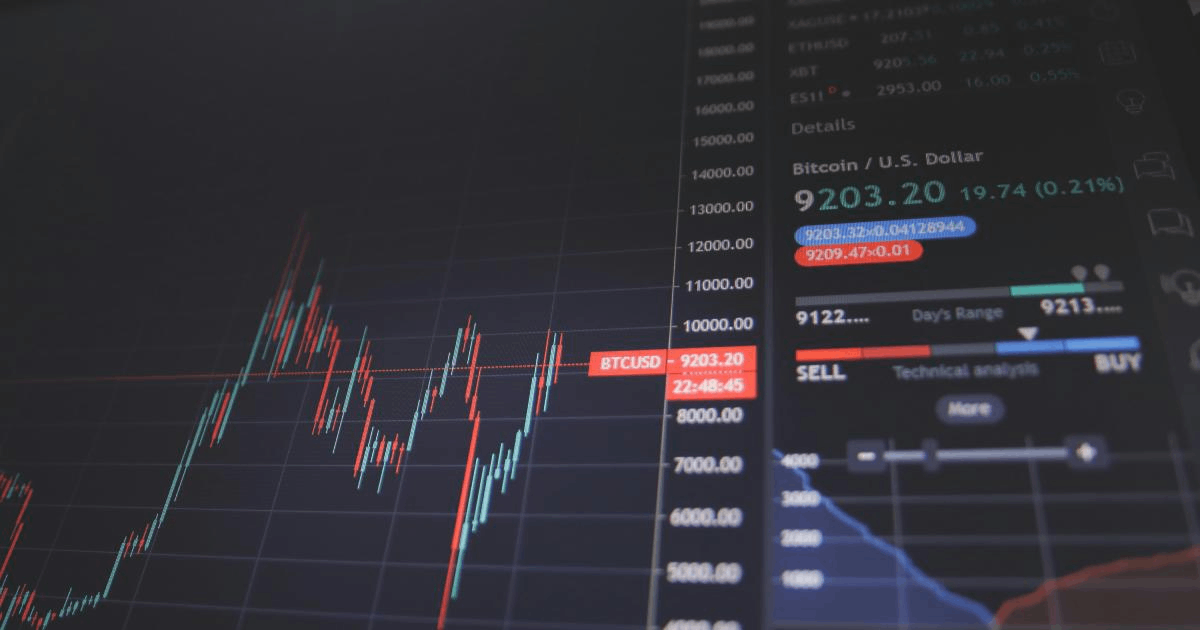
By Lawrence G. McMillan
There are currently a number of factors affecting the CBOE’s Volatility Index ($VIX), most notably the upcoming Presidential Election and the fears of market volatility that a contested election might foist upon the stock market. But there is another element that is affecting $VIX, and it is not getting much press. Specifically, it is the after-effect of an initial bear market “shock” on $VIX.
There have been three major bear markets since $VIX was introduced in 1993: the 2000-2002 bear market, the Financial crisis of 2007-2009, and then the very rapid, but still destructive COVID- related bear market of Feb-March 2020. In all three cases, when the market first dove into the depths of the bear market, $VIX rose to extremes – more so in 2008 and 2020 than in 2002, because that bear market was more of the “classic” long-term grind lower, as opposed to a “crash.”
There is a pattern that is similar in the first two...
Read the full article, published on 10/2/2020, by subscribing to The Option Strategist Newsletter now. Existing subscribers can access the article here.
© 2023 The Option Strategist | McMillan Analysis Corporation

